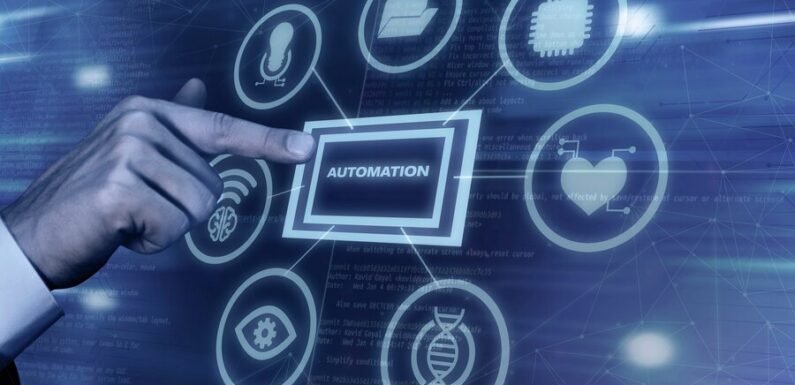
Introduction
The relentless march of technology has brought us to a crossroads where Artificial Intelligence (AI) and Automation intersect with the future of work. In this dynamic landscape, understanding the profound impact these innovations have on our professional lives becomes crucial.
Evolution of Work
Work dynamics have evolved through the ages, from agrarian societies to the industrial revolution. The current era witnesses a digital revolution driven by technology, with automation playing a pivotal role in reshaping traditional job structures.
Current State of AI in the Workplace
AI’s presence is felt across industries, from chatbots streamlining customer service to machine learning algorithms optimizing supply chain logistics. The positive influence of AI on efficiency and productivity is evident, offering a glimpse into the transformative power of automation.
Challenges and Concerns
However, this transformation is not without its challenges. The fear of job displacement and unemployment looms large, prompting ethical considerations surrounding the development and implementation of AI technologies.
Upskilling and Reskilling Initiatives
To navigate this shift, upskilling and reskilling initiatives become imperative. Continuous learning programs ensure that the workforce remains adaptable, equipping individuals with the skills needed to thrive in an AI-driven world.
AI’s Role in Creativity and Innovation
Contrary to fears of automation stifling creativity, AI serves as a catalyst for innovation. Collaborative efforts between humans and AI are proving to be a driving force behind groundbreaking developments in various creative fields.
Remote Work and AI Integration
The rise of remote work is further accelerated by AI, offering tools and technologies that facilitate seamless collaboration across geographical boundaries. This shift prompts a reevaluation of traditional workplace structures.
Adaptability of Industries
Certain industries face more significant disruptions than others. Strategies for adapting to these changes are essential for ensuring the continued relevance and success of sectors facing the brunt of automation.
Human-AI Collaboration in the Workplace
Successful collaboration between humans and AI is not just a theoretical concept. Real-world examples showcase the potential when these two forces synergize, leading to unprecedented achievements.
Societal Impact and Inclusivity
While the benefits of AI are clear, concerns about societal inequalities and inclusivity persist. Addressing these issues becomes crucial to building a future where AI benefits everyone, not just a select few.
Government Policies and Regulations
As AI continues to evolve, so must regulations. Current policies need to adapt to the dynamic landscape of AI development, ensuring ethical practices and responsible deployment.
Predictions for the Future of Work
Experts predict a future where job markets will undergo significant changes. Understanding these predictions can help individuals and industries prepare for the challenges and opportunities ahead.
The Need for Ethical AI Development
To ensure the responsible development of AI, ethical considerations must be at the forefront. Striking a balance between innovation and ethical practice is essential for building trust in AI technologies.
Global Perspectives on AI and Employment
The global landscape varies in its approach to AI and employment. Examining international experiences provides valuable insights for shaping effective policies and practices.
Conclusion
In conclusion, the impact of Artificial Intelligence and Automation on the future of work is undeniable. Embracing these changes while addressing the associated challenges is the key to creating a harmonious coexistence between AI and human work.
FAQs
- Will AI replace all jobs?
- While AI may automate certain tasks, the collaboration between humans and AI is more likely to redefine job roles than eliminate them entirely.
- How can individuals prepare for the future of work?
- Continuous learning and acquiring skills that complement AI technologies are essential for staying relevant in the evolving job market.
- What ethical considerations are crucial in AI development?
- Transparency, fairness, and accountability are paramount in ensuring ethical AI development, preventing biases and misuse.
- How can governments regulate AI without stifling innovation?
- Adaptive regulations that evolve with technological advancements and prioritize ethical standards can strike a balance between regulation and innovation.
- Is remote work a long-term consequence of AI?
- AI has certainly contributed to the rise of remote work, but its permanence depends on various factors, including societal and organizational preferences.
Tech World Times (TWT), a global collective focusing on the latest tech news and trends in blockchain, Fintech, Development & Testing, AI and Startups. If you are looking for the guest post then contact at techworldtimes@gmail.com

